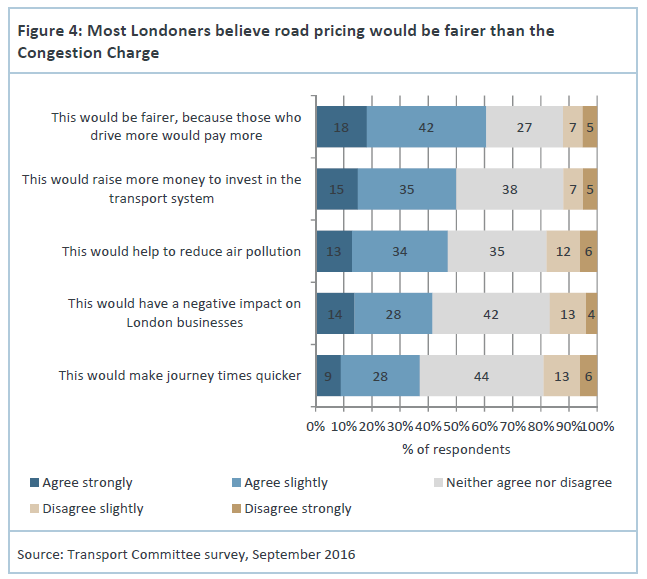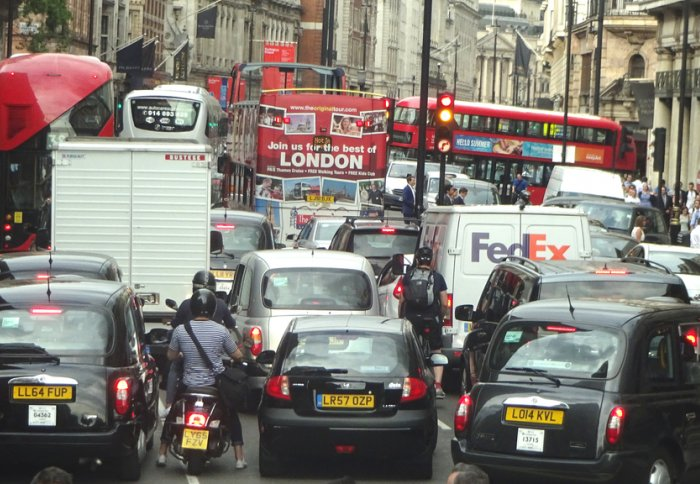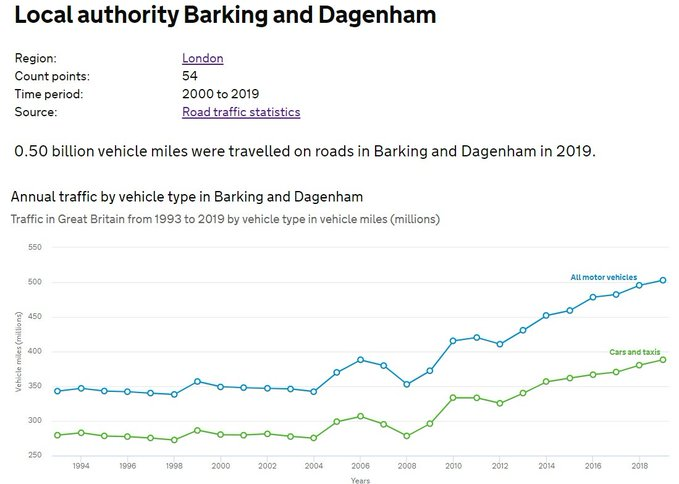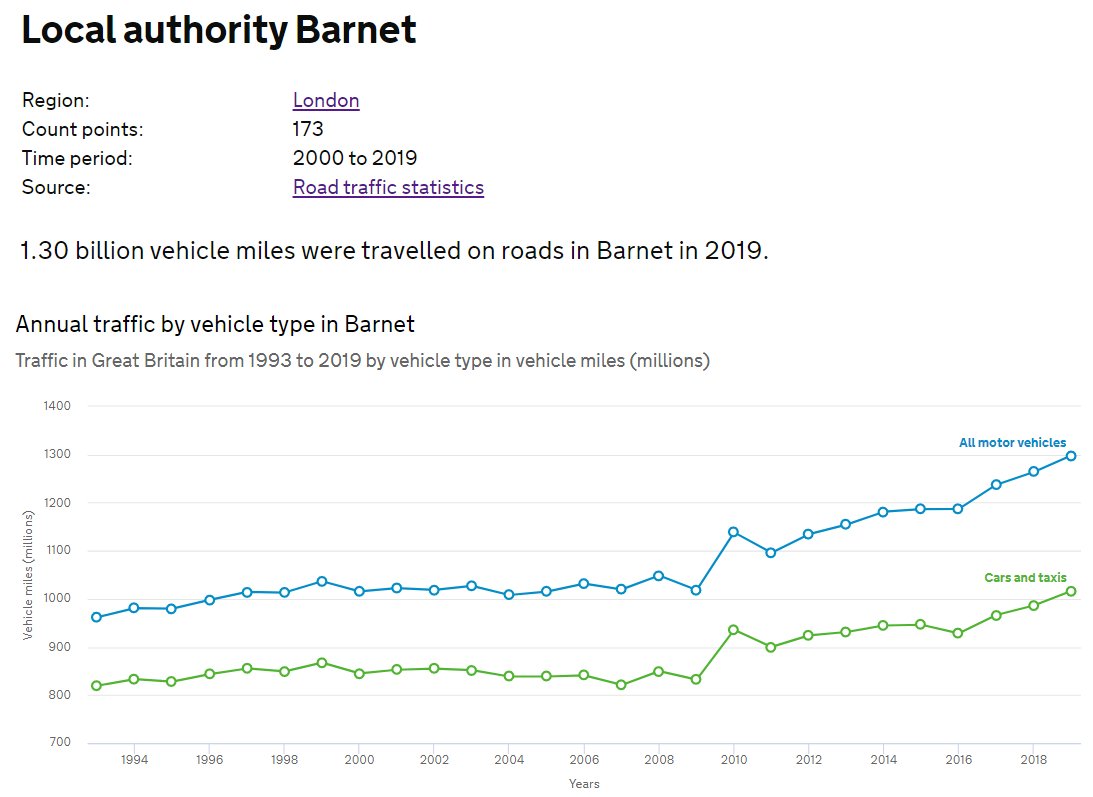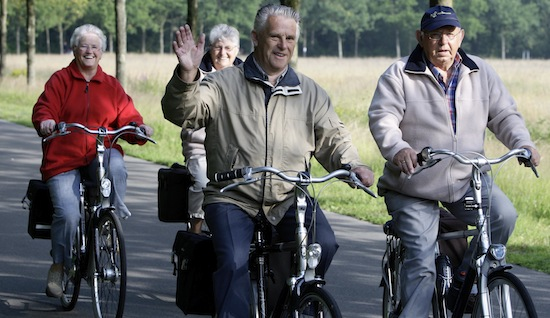
1/ In 2017, the London Assembly Transport Committee, Chaired by @CarolinePidgeon, undertook a scrutiny into congestion in London. In the fine tradition of pun-based City Hall committee investigations, they called it "London Stalling - Reducing traffic congestion in London"... 
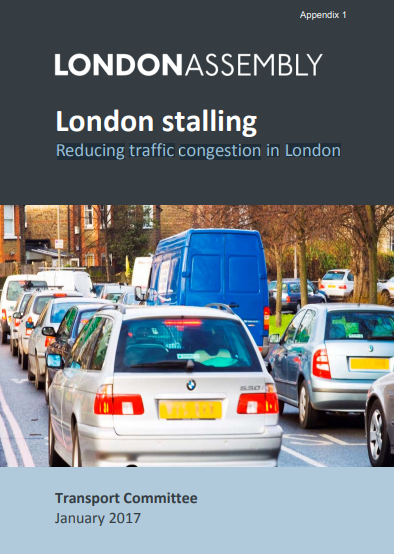
This scrutiny mainly uses data from the first five years of past decade, but concludes that long before the new LTNs...
🚘 Congestion in London was getting worse.
🛻 Vehicle speeds on main roads were down and journey time reliability worse.
🚐 Delays were up, including buses.
🚘 Congestion in London was getting worse.
🛻 Vehicle speeds on main roads were down and journey time reliability worse.
🚐 Delays were up, including buses.
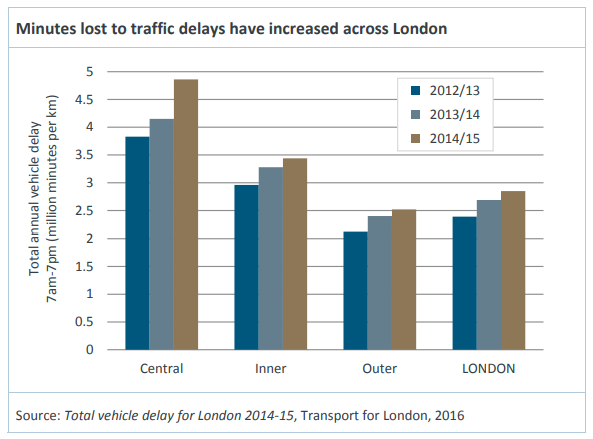
3/ Crucially, London Stalling concludes:
"Fundamentally, London’s road network is increasingly hosting more traffic than it has the capacity to cope with."
That was 2017.
In 2019, there were 1.3 billion more miles driven on London's roads than in 2017.
"Fundamentally, London’s road network is increasingly hosting more traffic than it has the capacity to cope with."
That was 2017.
In 2019, there were 1.3 billion more miles driven on London's roads than in 2017.
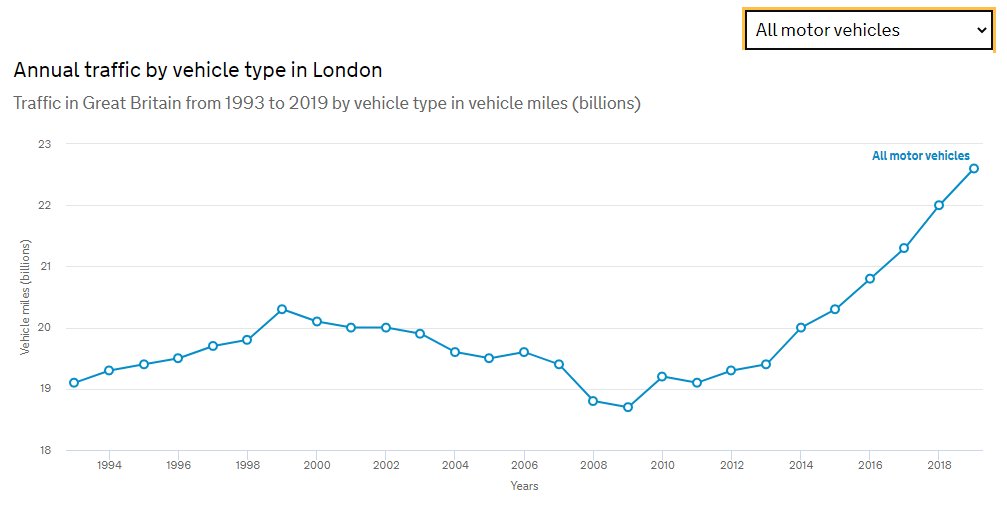
4/ In respect of the Central London Congestion Charge, London Stalling concluded it was no longer having the desired effect on congestion overall:
"London needs a way of charging people for road usage that is targeted at areas of congestion, at the times congestion occurs."
"London needs a way of charging people for road usage that is targeted at areas of congestion, at the times congestion occurs."
5/ Now, while London Stalling already feels dated in some ways - there is insufficient focus on both CO2 emissions and particulate pollution - it was ahead of its time in calling for the C-Charge to be scrapped in favour of a wider road pricing scheme for London. 
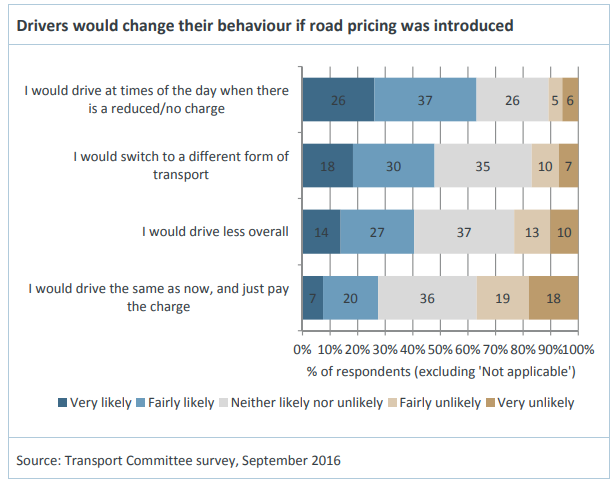
6/ London Stalling also sensibly concludes that all existing measures to address gridlock and pollution - C-Charge, ULEZ - be integrated with into a single road-pricing scheme. Support for road pricing was received from a number of reputable sources, such as the @ICE_engineers... 
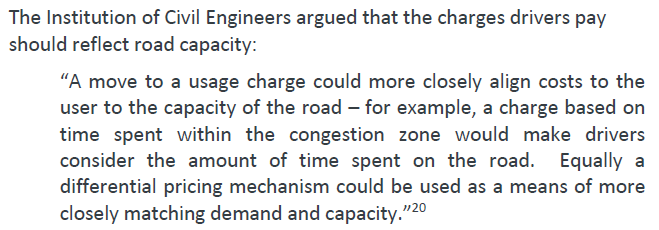
8/ However, @TfL failed to take on-board the recommendations of this cross-party Committee and this has had huge, negative consequences for London and its neighbourhoods. In the intervening three years, the number of miles driven on London's roads has increased by 1.3 billion. 
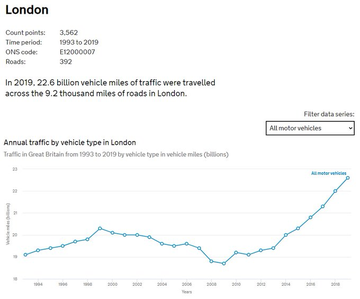
9/ So, why has @TfL ignored the huge and growing problem of motor vehicle traffic over the past decade? Because satnavs and way-finding apps have taken pressure off them and City Hall by displacing main road traffic, for which TfL is responsible, onto residential roads. 

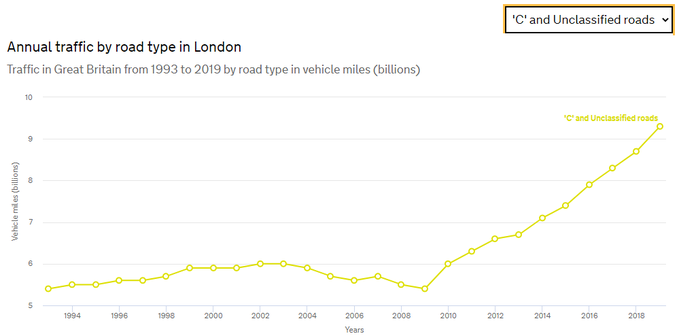
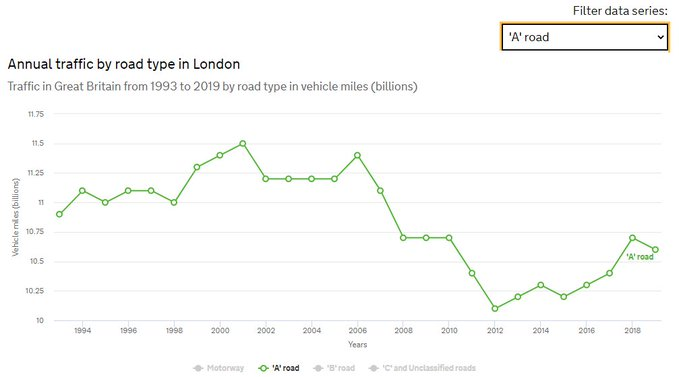
10/ Boroughs like Hackney, Islington, Tower Hamlets, Camden, and Waltham Forest realise that London cannot go on allowing its back-streets to be a pressure relief system for an overloaded main road network. That's why Low Traffic Neighbourhoods are needed.
https://twitter.com/iambrianjones/status/1326288484559097857
11/ While inferior to road user charging, the recent proposals for an expanded C-Charge Zone and increased price were an encouraging sign that Gov't understood something needs to change in London. This has now been scrapped. So, the question to City Hall is 'what's your plan?'
• • •
Missing some Tweet in this thread? You can try to
force a refresh
